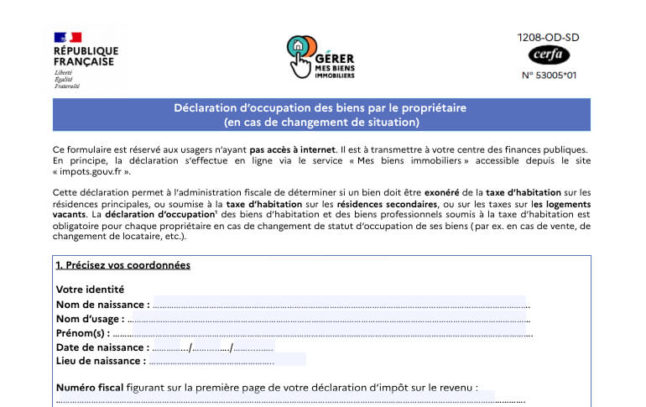Pre-Brexit, people travelling between France and the UK could obtain an EU Pet Passport for their cat, dog or ferret which ensured a hassle-free transport experience.
But since the UK left the EU things have become more complicated – and a lot more expensive – for UK residents wanting to travel to France with pets.
You can find a full breakdown of the new rules HERE, but the main difference for people living in the UK is that that they now need an Animal Health Certificate for travel.
Unlike the Pet Passport, a new ACH is required for each trip and vets charge around £100 (€118) for the certificate. So for people making multiple trips a year, especially those who have more than one pet, the charges can quickly mount up.
UK nationals who live in France can still benefit from the EU Pet Passport, but the situation for second-home owners became a little confusing in the immediate post-Brexit period.
However in 2022 the French Agriculture ministry published updated information on its website.
The rules state: “The veterinarian can only issue a French passport to an animal holding a UK/EU passport issued before January 1st, 2021, after verifying that the animal’s identification number has been registered in the Fichier national d’identification des carnivores domestiques (I-CAD).”
I-CAD is the national database that all residents of France must register their pets in – find full details HERE.
The ministry’s advice continues: “If not registered, the veterinarian may proceed to register the animal in I-CAD, if the animal’s stay in France is longer than 3 consecutive months, in accordance with Article 22 of the AM of August 1st, 2012 on the identification of domestic carnivores.”
So if you are staying in France for longer than 90 days in every 180 (which usually requires a visa for humans) your pet can be registered and get an EU Pet Passport.
However, those who don’t have a visa and stick to the 90-day rule to make shorter visits to their French property must continue to use the AHC – which means paying each time they travel to France.
Some confusion had arisen for second-home owners because previously some vets had been happy to issue the Passport using proof of a French address, such as utility bills. The Ministry’s ruling, however, makes it clear that this is not allowed.
So here’s a full breakdown of the rules;
Living in France
If you are living in France full time your pet is entitled to an EU Pet Passport regardless of your nationality (which means your pet has more travel rights than you do. Although they probably still rely on you to drive the car/book the ferry tickets).
Your cat, dog or ferret must be fully up to date with their vaccinations and must be registered in the national pet database I-CAD (full details here).
Once issued, the EU Pet Passport is valid for the length of the animal’s life, although you must be sure to keep up with their rabies vaccinations. Vets in France usually charge between €50-€100 for a consultation and completing the Passport paperwork.
Living in the UK
If you are living in the UK and travelling to France (or the rest of the EU) you will need an Animal Health Certificate for your cat, dog or ferret.
The vaccination requirements are the same as for the EU Pet Passport, but an ACH is valid for only 10 days after issue for entry to the EU (and then for four months for onward travel within the EU).
So if you’re making multiple trips in a year you will need a new certificate each time.
UK vets charge around £100 (€118) for a certificate, although prices vary between practices.
Second-home owners
Although previously some French vets had been happy to issue certificates with only proof of an address in France, the French government has now clarified the rules on this, requiring that pets be registered within the French domestic registry in order to get an EU Pet Passport.
This can only be done if the pet is staying in France for more than three months. The three months must be consecutive, not over the course of a year.
UK pets’ owners will normally require a visa if they want to stay in France for more than three months at a time (unless they have dual nationality with an EU country) – find full details on the rules for people HERE.



 Please whitelist us to continue reading.
Please whitelist us to continue reading.
Member comments